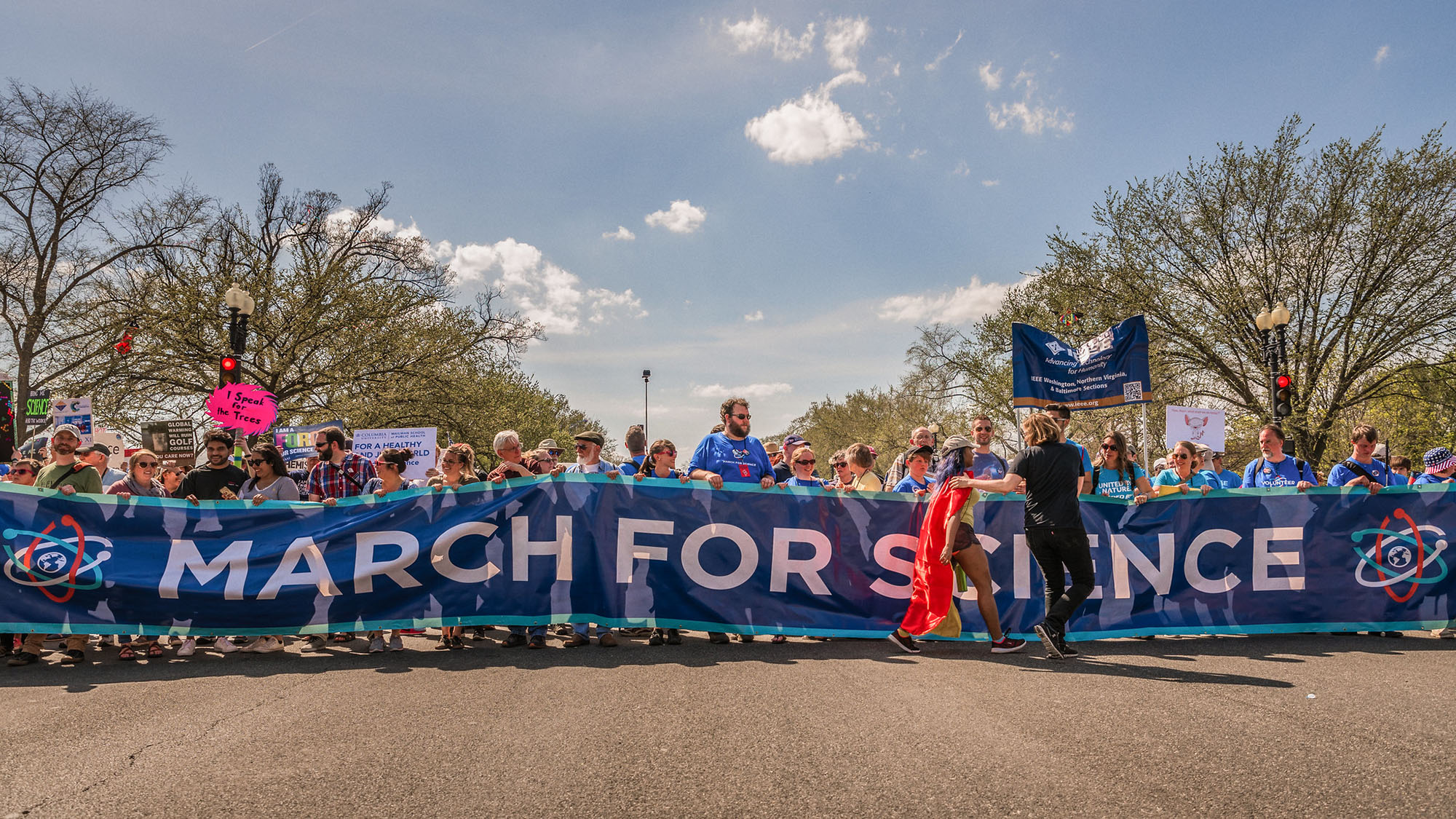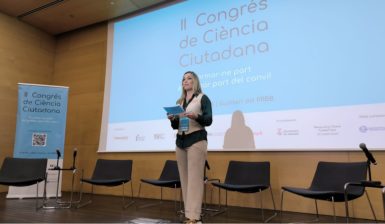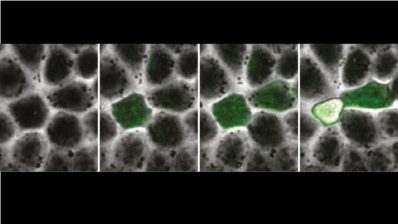The researchers from the Center for Science, Communication and Society Studies (CCS-UPF), Carolina Llorente and Gema Revuelta, together with Mar Carrió from the Research Group in Health Sciences Education (GRECS), both from the Department of Experimental Sciences and La Salud, Universitat Pompeu Fabra (DCEXS-UPF), have presented a study on the relationship between civil society organizations and the science and technology system in Spain. The objective was to understand the degree of involvement and interest of civil society in scientific production.
We talked with Carolina Llorente about the results of this study.
You have interviewed managers of 31 organizations in Spain …
Yes, 31 third-sector organizations, non-profit organizations with volunteers. Most of them (19) were small entities with a local range of action; there were also some federations and confederations and two large entities at the national level.
We have tried to cover a diversity of areas (animalists; ecologists; patients; parents; consumers; LGBTI +) and also that they were distributed throughout the country.
What have you talked about?
Our questions were divided into 3 blocks:
- Current status of the participation of civil society organizations (CSOs) throughout the R+D+I process
- Barriers or limitations to improve CSO participation in research
- Ideal relationship that CSO managers would like to have with the science and technology system
Have you also interviewed scientists about their vision?
Not now, but in 2019 we published an article on the perception of Spanish researchers with respect to the public (here you can see a summary video). The results showed that approximately 75% of the Spanish scientists believe that the general public has a great ignorance and lack of understanding of scientific reasoning, despite the fact that they recognized that science interests the public.
A previous study showed that approximately 75% of the Spanish scientists believe that the general public has a great ignorance and lack of understanding of scientific reasoning.
How can the interaction between civil organisations and researchers be improved?
We need to improve training of researchers not only on how to communicate with the public, but also on how to actively listen to them, as well as on how to co-create science with them, in a participatory way.
For that, we need new professional profiles, but also formal channels at the research institutions for the participation of the CSOs.
It is also essential that the civil organizations themselves are aware of their potential to build a more socially relevant science, and here communication plays a big role. In our study we have seen that the vast majority of the directors interviewed did not believe that they had anything to contribute to science – including some that were already participating!
Our findings suggest that CSOs are primarily involved in science only at a specific time in research (e.g. as a subject of study). It would be interesting to offer specific courses to organizations on the nature of science and how they can intervene in the course of research so that the final results can be useful to everyone. In this sense, in the CCS-UPF we have just received funding to organize a series of workshops by 2021 with specific trainings for the CSOs that have participated in this study.
How can associations collaborate with science and vice versa?
The CSOs can participate in research in different ways:
- Discussing the aims of the research, by being part of an advisor council
- By collecting data
- By analysing data
- Discussing the results through seminars where preliminary results are presented
It should be noted that many of these participatory research projects have multiple aims; they want to obtained new knowledge, but at the same time there is an aim of social action – that the knowledge provided by the research can lead, for example, to concrete policies. This is what research can bring to civil society.
Llorente C, Revuelta G, Carrió M. Social participation in science: Perspectives of Spanish civil society organizations. Public Understanding of Science. September, 2020. https://doi.org/10.1177/0963662520960663.







